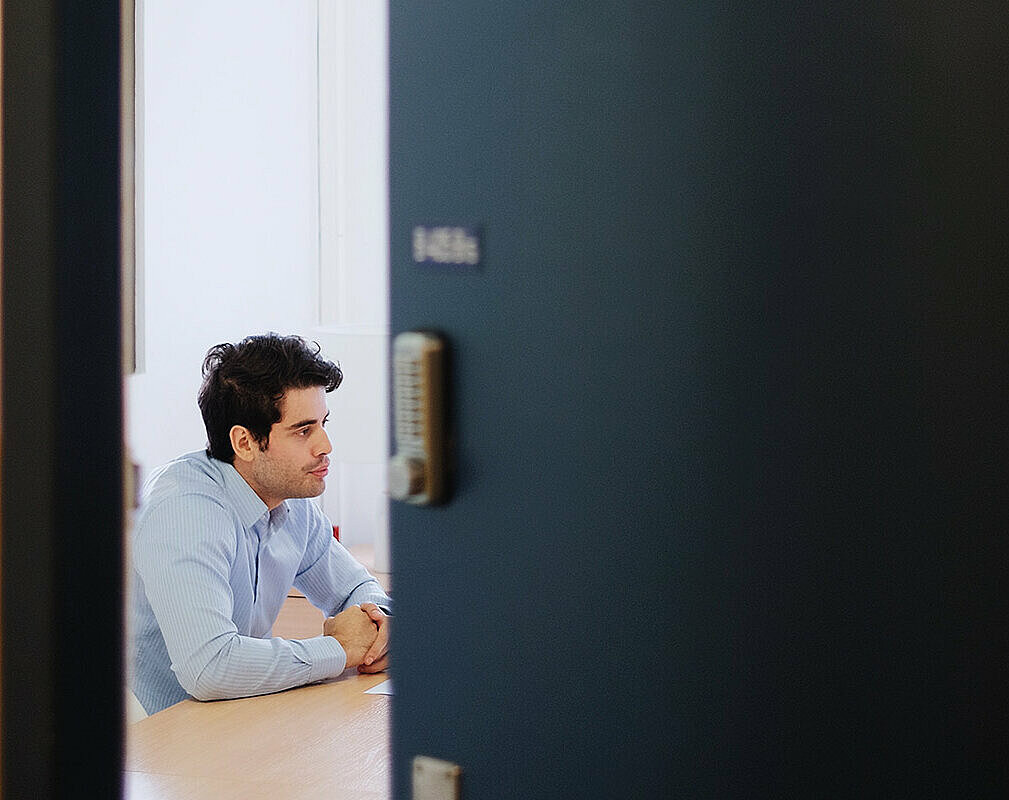The profession of Notary
A notary is a public official serving their clients, individuals, businesses, or communities, during key stages of their lives or activities.
In this context, the notary drafts and authenticates documents: sales agreements, donations, marriages, inheritances... With their seal and signature, this public official formally guarantees the legal value of the legal documents and also provides advisory services.
The notary helps their clients make informed decisions with full knowledge of the facts. At Université Paris Dauphine – PSL, the teachings for becoming a notary are varied (real estate law, family asset law, commercial law, tax law, accounting...) to address all notarial issues.
Role and responsibilities of the notary
The notary is essential in the application of the law. Both professional and private clients rely on their legal and tax knowledge to make the best decisions and to authenticate legal documents.

Daily tasks
Throughout their career, the notary will be required to carry out the following tasks:
- Meet and advise clients
- Design, prepare, and draft a contract by reconciling the requests of both parties (future spouses or civil partners, sellers and buyers, entrepreneurs)
- Explain to the various parties the legal and financial implications of the contract or document in question
- Issue notarial deeds and have them signed by the concerned parties
- Authenticate the agreed document or contract
- Certify the validity of transactions
- Collect taxes related to the sale of real estate
- Officiate a wedding
Salaries and career progression
The median salary of Dauphine – PSL graduates with a specialization in Notarial Law is €44,000 gross per year, upon graduation. They benefit from an excellent entry into the job market :
- 100% of graduates find employment
- More than 7 out of 10 graduates find a job before obtaining their degree
- All students complete a 4-semester internship to continue their training and become a notary
A notary's salary depends on the income of the notary office where they work. While the State sets the notary's fees for drawing up authentic deeds, fees for consulting and managing affairs (family, real estate, and personal assets) are not regulated.
Students become assistant notaries, then progress to salaried, independent, or associate notaries.

Required skills
- Broad legal expertise
- Ability to draft contracts
- Pedagogical skills to advise clients
- Ability to manage pressure
- Impartiality as a public officer
- Precision in studying, drafting, and authenticating deeds and contracts
- Respect for professional confidentiality
- Listening skills to understand clients' needs and build loyalty
What studies are required to become a notary ?
The training to become a notary lasts 8 years and can follow two paths: university or professional. The university path to becoming a notary consists of a first year of a Master’s in Law, followed by a second year of a Master’s with a specialization in Notarial Law, and is completed with a two-year internship in a notary's office and 4 semesters alongside this professional experience. This path leads to the higher diploma in notarial practice (DSN).
Training to Become a Notary at Université Paris Dauphine-PSL
Created at the request of the Paris Chamber of Notaries, the Notarial Law specialization (from the Law Master’s program) at Dauphine – PSL is an excellent training program for future high-level notaries.
Upon completing this program, graduates are capable of addressing all notarial issues and practicing in a notary's office. By placing professional English, economics, and management at the core of its teaching, Dauphine – PSL offers its students new perspectives: working internationally or opening and managing their own notary office.






